Previously on TESMC (Teaching ESL students in mainstream classrooms): Factors impacting on ESL students…
In conclusion, language is a tool, a mode of context and something that gives a valid outcome of learning. Success will depend upon fluence of the language. By success, I mean success in learning. In an ESL setting the fluency of English shouldn’t outshine or exceed that of the mother tongue. Students in an ESL environment, as a necessity, must develop and advance the native tongue’s skills, which will allow a faithful and genuine proficiency in English. The language environment with adequate support facility are vital. Attitudes, family ability and support alongside realistic expectations are just a few or many factors that influence language learning.
Language demands or language choices? Name, praise and the words we, our, and us. Connect as a team, and support will follow. A reduction of hesitation will allow confidence. The teachers and classmates need to avoid laughing at each other to promote a stable and safe space to allow expression and exploration of a second language. There will be a need to use their own native tongues to support one another.
Do students feel the pressure of their future on their shoulders? University, a life overseas and so on may follow…
Student-student interactions are different to teacher-student interactions in terms of language demands. Varied support is available. Language accompanies actions. Teachers can prompt, even just through one word. Encouragement follows. Small questions that act to prompt students to question and define facts. Students can direct a sequence, through shirt-sharp input. Collaboration can assist students to create a report, through gentle guidance. Abstract reports need definitions and information to educate and to report clearly to the reader.
Realia and materials allow negotiation of language without full technical statement. It and this are valuable words too. Students can support each other.
Process of routines can allow students to try to work alone. They can guess first, then do. Students can be observed before the teacher pushes them to use a little harder sentence structure. Simple experiments. Smaller groups make a comfort zone and task ownership. Once a teacher joins, they can expand the technical language and methodology. Strong guidance replaces exploration without prevention of free-thinking.
Last week, Supreme Training Leader Ben set us the task of gaining a profile of a specific student. To protect the student’s identity, I chose one, and for the purpose of writing, I’m going to call him Jay-Z.
Jay Z likes the colour yellow. He is about 10 years old. He likes football and basketball. He prefers football. He has an older sister and she attends a school nearby to our school. He shares a classroom with 9 other students. He joins his Dad running. He likes board games but doesn’t like to pay attention for too long. He is happiest studying maths but prefers online maths games to written work. At times he can demonstrate good leadership and organization skills. He likes to eat meat from the bone. He doesn’t like girls.
Now, let’s imagine that famous Star Wars theme music in our heads:
Not so long ago in a galaxy where Earth resides, and I’m sat in a room admiring the sunset reflecting off Donghua Songshan Lake Hospital’s windows. The day has been long, and noisy. The room we’re in smells of pulled pork and pizza. There isn’t a beer in sight. EIP Supreme Training Leader Ben Greuter is overseeing a cohort of TESMC course learners and module 2 is on the approach…
(Did you picture it scrolling?)
In this module we introduced the theories of language, learning and teaching that underpin the course. It’s essential. A backbone. We develop our understanding of the relationship between text and context and the implications for our classroom. Interactions give us expectations, whether written or spoken. We can’t react to a piece of meaningful language if it misses key points or lacks weight of content. Text and context are often related, and gibberish is just that. With proper text set in the right context, we can predict how to respond.
A text message (SMS), and e-mail between friends, a letter or communication between a medical expert or letters between schools and parents all have different contextual usage and language content. Nuanced functional models of language are much like cultural changes. Those tones can be regional, national, or global. Likewise they can be like friends with shorter interactions or deeper in content. American, British and Chinese cultures influence the output language whereby an American kid, a Chinese child or a British brat is placed within. “Hey man, wassup?”, may be appropriate for the playground at an International School, but would it be heard in that same school’s principal’s office? By the principal? To their students? The student who always chooses trouble over calm? You know the student, the one with real energy? That student who makes teachers leave for foreign trade jobs? Language is influenced heavily by the context of the situation, which is in turn impelled by the context of language. Think specifically about the genre of a situation.
Genre – what’s occurring? E.g. Doctor-patient consultation. Genre is kind of like a topic.
The field is e.g. a doctor and his/her patient establish the problem. It is also a place to allow cattle some much needed energy-producing food consumption. Fields are good places to have music festivals, one such musician belted a song out in a Milan field in 1990 that many may recall. The London Philharmonic Orchestra conducted by Zubin Mehta had triggered a call for that one song.
A tenor gives the commanding role. The tenor and the relationship to the e.g. The doctor is producing a dialogue and leading the conversation. Luciano Pavarotti Cavaliere di Gran Croce OMRI was one of three tenors that always had something to voice. My Nana loved those three blokes singing their opera pieces. Nessun dorma, alone is a soft classic, made globally famous by football at FIFA Italia 1990’s World Cup. That aria from Turandot, and the voice of James Brown alongside James Brown, for It’s A Man’s Man’s Man’s World are such wonderful songs. They use the medium of songs, which is what needs discussing next…
Mode: how does the text and context take place? This is the channel of the language. E.g. face-to-face, using spoken language not usually found in written text. It’s a good example of contextualized language. In mathematics, the mode is the value that appears most often in a set of data values. Mode can also mean a way of living, operating or behaving.
Register time…
Is the field/subject matter everyday and concrete or technical and abstract? Students can feel uncertain or out of place, just like some foreign workers do overseas, or office workers do when they’re sent to run a warehouse. The rules of the playground at home, or school can be two different beasts. Socio-cultural practices differ. As do rules. Home is where the heart is. School is where the art is. Schools help students find comfort or ability to move from everyday fields on the field continuum to highly technical fields via specialized fields in the middle. New technical vocabulary, new challenges and a continued need to develop the everyday language makes the task all the more daunting for those learning a second language. Links and examples galore will be conveyed or pointed towards. Finer meanings will be challenging.
Is the tenor informal, personal or novice? Are they formal, impersonal or informed? That tenor continuum is important too. Flitting between informal and formal language, or other situations that require a slightly increased formal spoken ability could be as common as wearing a football shirt, business suit or the casual dress in between. Without the tenor continuum or field continuum the mode continuum would be useless. The ability to use most spoken-like dialogue, needs an air of spontaneity and to remain concrete and shared. Or, it could be written, as a reflection, shared or not, or better still presented well, concise and clear and edited or organized in an engaging way. Between these two polar regions sits language as a means of reporting (think BBC News) or recounting (The World At War), or gossip down The Sidings pub in Levenshulme, Manchester (post-lockdown).
Is the mode mostly spoken, “here and now”, with language accompanying action or mostly written, generalized or the language constitutes the text? Students need to know that they can flip between a good register continuum. A student who can write or talk as a professor might be needed for one task, but a functioning student needs to flip in and out of popular, social and other scenarios as and when. Talking like a Shakespearean actor is all well and good but will it be appropriate at a DMX concert? Many scientists engage in workshops and debates, but after these professional meetings, they may enjoy a game of chess, golf or a beer down Ziggy’s in Chang’an, where a good Reuben sandwich may be the topic of discussion, more than blooming COVID-19…
The classroom environment will have the inevitable spoken stage at which a challenge is given to students. It could be homework or guided classroom written work. It could be almost anything. They will need preparation for that written work task. The students need warming up and encouraging. Student engagement is everything. Engage. Inform. Educate. Make the students want to talk about something or ask questions. From my experience, correcting students too early will only switch them off from the task. Ensuring that students engage is not easy. It’s a challenge for sure but early stage conversation can be key to generating interest.
The mode continuum is a tool. This tool allows students numerous ways to break down and build both spoken and written forms of English. It helps students and adults alike to prepare writing and thoughts in a crisp clear way. It gives precision to a situation. The school life offers ample opportunity to play with, experiment and develop the mode continuum. It should allow students confidence and comfort in talking about what they’re learning and give opportunities, to learn that quite often some things can be written in different ways to how they are spoken. It can help to standardize the various ways and means of speaking and writing English as a language too. With or without this tool, students have the support or not, to take risks with language. This allows time to reflect on what was said as being accurate or inaccurate for a certain context. Can it be improved upon?
“You can’t write it if you’ve never said it. You can’t say it if you’ve never heard it.” – Pie Corbett, Poet, storyteller and educational consultant.
Literacy is for life. It’s not just a test! This skillset is important. How well a person conducts themselves in conversations or writing can open or close doors, according to their ability. A fully articulate person at a job interview will have benefits, but without their written skills of a suitable level, they may find some careers beyond them. Talk For Writing, modelled by Pie Corbett & co., highlights the need to build oral literacy before pushing for excellent writing. At the end of the day, a good teacher brings words alive. Teachers have the power to guide language learners in ways others may not. With great power, comes great responsibility. So, if a student lacks that essential scaffolding, perhaps they weren’t exposed to beautiful elegant flowing constructed phrases or well-thought arguments. How many great teachers stick in your mind from your school days? What made them stay there? Mr Jones, Mr Meheran, Mr Mack, Miss Hodges, Miss Rowe, and so on all remain influential to my reading passion, and the biggest teacher of them all: my mum.
“Give me the place to stand, and I shall move the Earth.” – Archimedes of Syracuse (c. 287 BC – c. 212 BC), Greek mathematician, philosopher, scientist and engineer.
Is there a link in the class between proficient readers and superb writers? If one reads a large quantity of books, expect a larger quantity of output in their writing. Give a child Lego blocks, and they’ll build. Give a child Lego blocks, some demonstrations, some blueprints, some instructions and some examples and then take them away, and they’ll build something better. Just as an architect needs to be able to draw or use computer design technology, so do writers need to be readers.
Language and its context will always have a relationship. The two broad concepts of culture enveloping that of the situation register were well illustrated by Halliday and Martin, in their 1993 hit number: model of language. Language exists within a situation, which in turn exists within culture. From that, the genre, is usually a pattern or predictable way that language can be put to use for the purpose of something social. Have you had your Weetabix? It could be an advertisement, an information broadcast or a conversation about cheese. Lancashire cheese, crumbly, hands-down, every time, always the winner. Melted. Of course, some cultures and contexts may need to be learned cariad. And, as sorted as it is, that doesn’t just mean country or ethnicity, oh no! Not so buzzing, right? We’re talking ginnels and proper local dialects, regionalization and popular trends, religious stuff, organisations, schools, professional bodies, schools, families groups, clubs and fragments of society integral to making a diverse way of life into a patchwork quilt of living, breathing, amazing beauty. And Manchester Utd fans.
The more words we hear, the more we can use. As a second language learner, kids need more chance to see and hear new and unfamiliar vocabulary. Maybe they’ll like the sound or the way the word looks. Maybe they’ll hear a new word and it won’t be new next time. It could be the word that leads to a curious question. Word up! Being word poor can hold students back. With the power of words, students can be culturally enriched and have access to beautiful books, watch movies at cinemas with subtitles from many countries and feel confident talking to anyone. As someone in education, it is my responsibility to look to close these gaps. That chasm between word rich can be closed or bridged. By mastering standard English, students will both speak and write better.
Giving value, the Halliday and Martin model, helps us as educators to discuss the connection between language and context. It tells us there are patterns, and to our students, these are valid and predictable, to allow our students to choose contexts for each given situation.
Language and learning and the role of scaffolding is all about producing texts for given contexts; finding the context in the text; a functional model of language (in terms of genre, field, tenor, and mode); plotting texts along the register continuum; patterns of the ESL development; implications for programming, teaching and assessment; teaching and the learning cycle; and all, in relation to the scaffolding of language. We as teachers can explore how we can make meaning-making systems, the benefits of visuals and music, so as to focus on the literacy demands that are intrinsic to curriculum statements. The battle for second language teaching goes on… but it can wait for me to tuck into a bowl of Weetabix. Cheers Taobao!
Tally ho and away I go.
Here are some cats:



















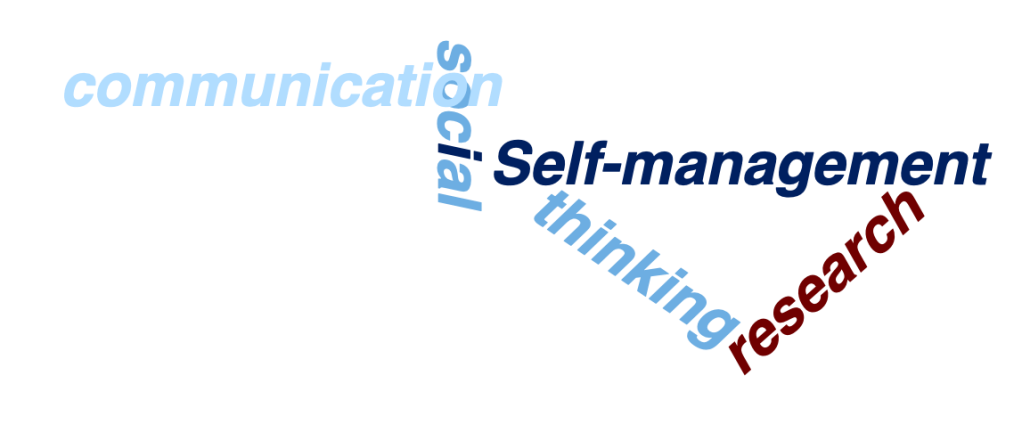
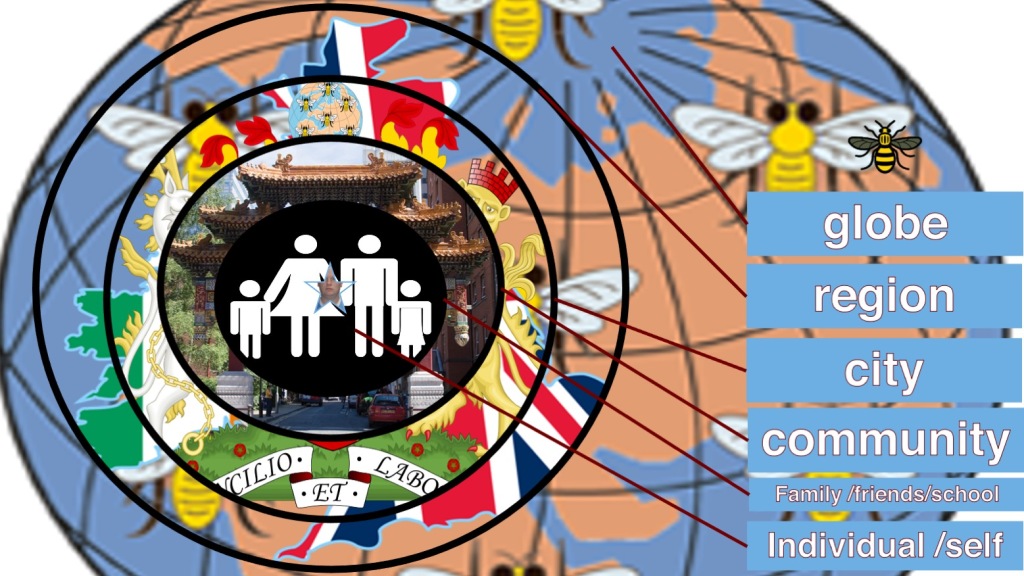

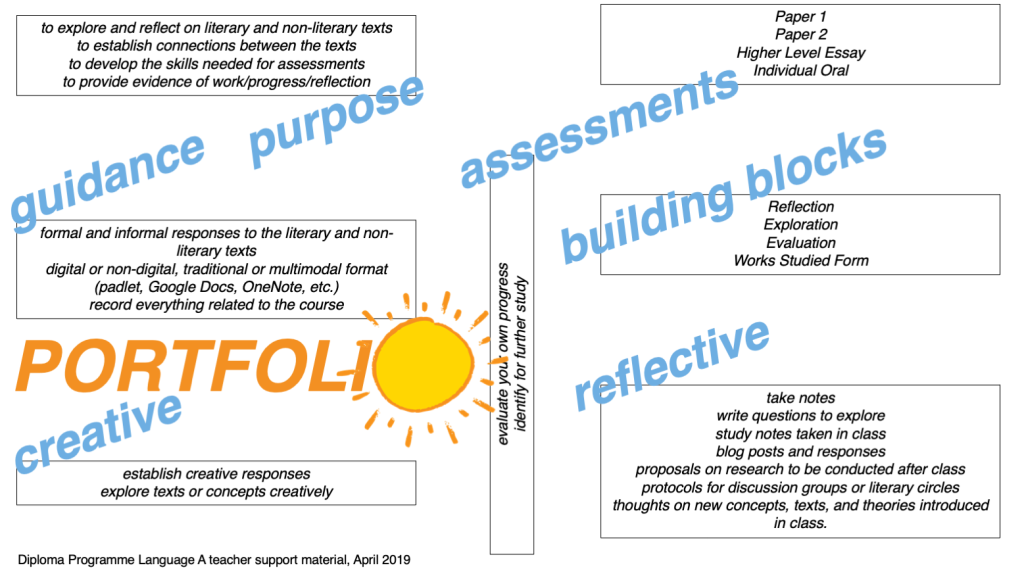
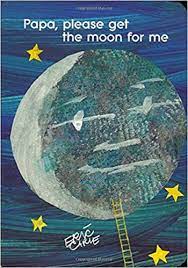
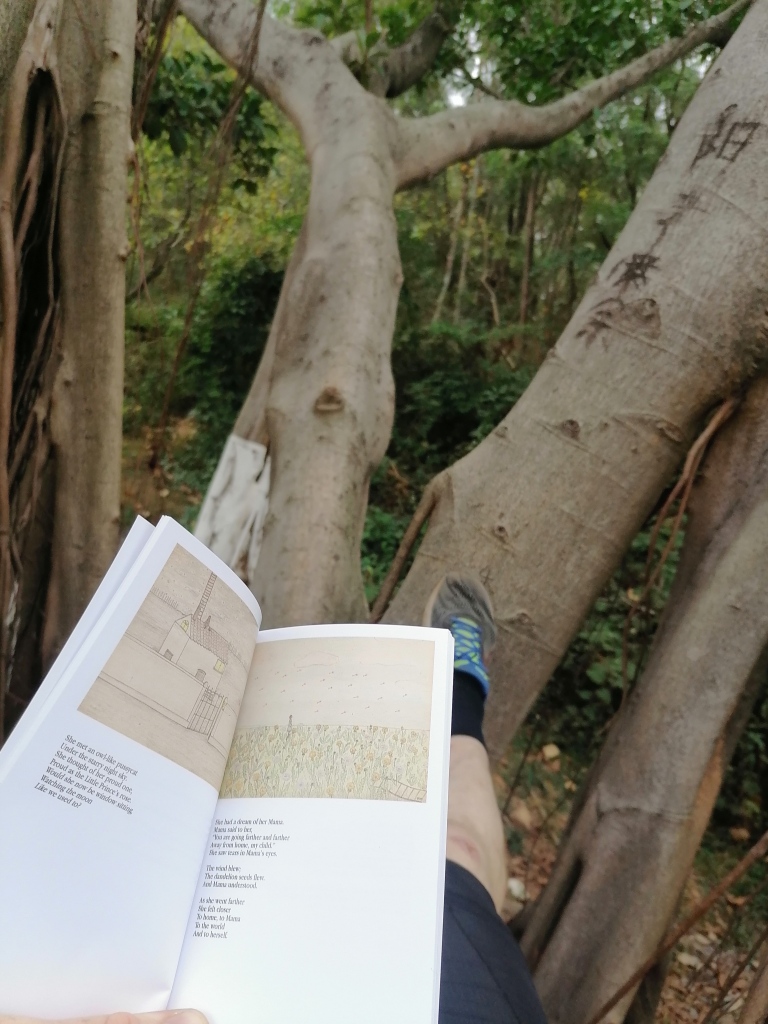
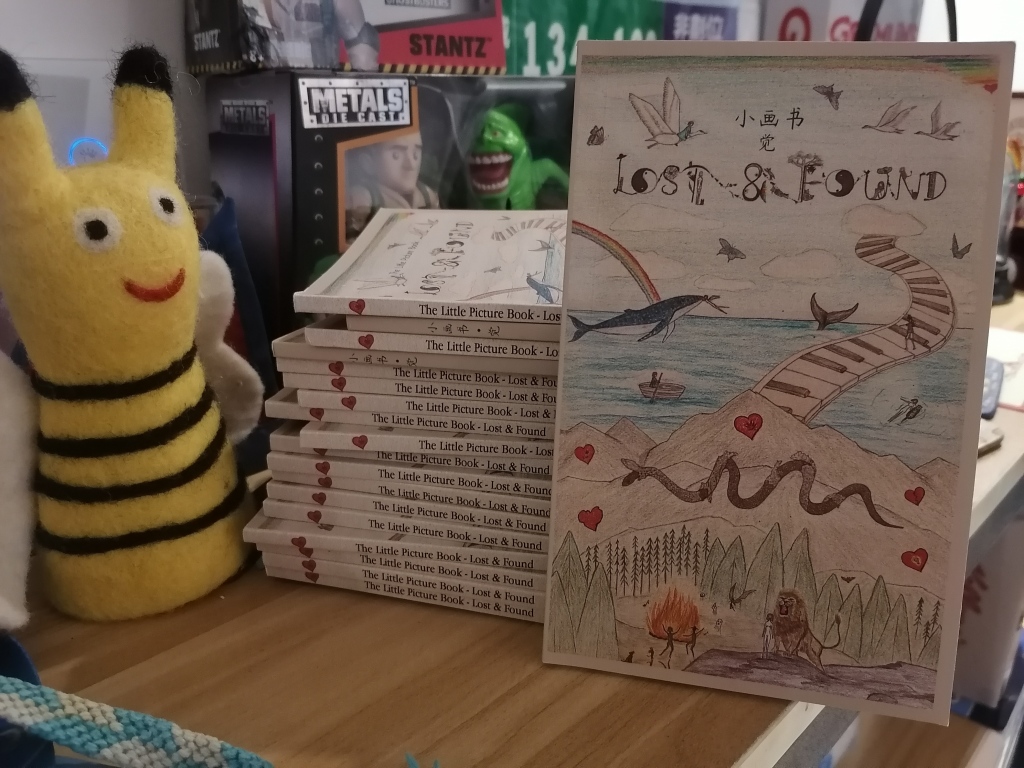









![mmexport1524399988628 [Max Width 1024 Max Height 768] mmexport1524399988628 [Max Width 1024 Max Height 768]](https://i0.wp.com/acton28.blog/wp-content/uploads/2020/06/mmexport1524399988628-max-width-1024-max-height-768.jpg?w=632&h=632&crop=1&ssl=1)
![P51218-151838 [Max Width 1024 Max Height 768] P51218-151838 [Max Width 1024 Max Height 768]](https://i0.wp.com/acton28.blog/wp-content/uploads/2020/06/p51218-151838-max-width-1024-max-height-768.jpg?w=632&h=632&crop=1&ssl=1)
![202004081586354648010 [Max Width 1024 Max Height 768] 202004081586354648010 [Max Width 1024 Max Height 768]](https://i0.wp.com/acton28.blog/wp-content/uploads/2020/06/202004081586354648010-max-width-1024-max-height-768.jpg?w=314&h=314&crop=1&ssl=1)






 Looking across the metaphysical divide at female writers, there are some wonderful writers in Mary Shelley (Frankenstein: or, The Modern Prometheus; Rambles in Germany and Italy in 1840, 1842 and 1843), Elzabeth Gaskell (Cranford),
Looking across the metaphysical divide at female writers, there are some wonderful writers in Mary Shelley (Frankenstein: or, The Modern Prometheus; Rambles in Germany and Italy in 1840, 1842 and 1843), Elzabeth Gaskell (Cranford),  In my childhood, my varied reading included Rudyard Kipling’s The Jungle Book; Jack London’s White Fang, The Sea Wolf; Colin Dann’s The Animals of Farthing Wood; Felix Salten’s Bambi; Aileen Fisher’s Now That Days Are Colder; Herman Melville’s Moby Dick; and a set of World Encyclopedias given to me by Mr Andrew Jones, in my final days in class 5AJ.
In my childhood, my varied reading included Rudyard Kipling’s The Jungle Book; Jack London’s White Fang, The Sea Wolf; Colin Dann’s The Animals of Farthing Wood; Felix Salten’s Bambi; Aileen Fisher’s Now That Days Are Colder; Herman Melville’s Moby Dick; and a set of World Encyclopedias given to me by Mr Andrew Jones, in my final days in class 5AJ. As I grew from size 9 shoes to size 12 shoes, I picked up such reads as Eoin Colfer’s Benny and Omar, and soon discovered Michael Crichton. J.R.R. Tolkien was read with vigour. The college years involved
As I grew from size 9 shoes to size 12 shoes, I picked up such reads as Eoin Colfer’s Benny and Omar, and soon discovered Michael Crichton. J.R.R. Tolkien was read with vigour. The college years involved  The second covered a dark period of recent history and journalist
The second covered a dark period of recent history and journalist 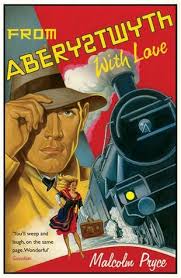 At university I switched into daydreaming mode and the movie popularity of The Lord of the Rings led to a re-read of everything J.R.R. Tolkien. Between daydreaming, textbooks and general procrastination of university work, I found little time for reading. There was always something shiny or distracting. However, I did read through the entire available works of
At university I switched into daydreaming mode and the movie popularity of The Lord of the Rings led to a re-read of everything J.R.R. Tolkien. Between daydreaming, textbooks and general procrastination of university work, I found little time for reading. There was always something shiny or distracting. However, I did read through the entire available works of  Jurassic Park had been on and off my bookshelf since my mother bought me an omnibus edition, with the novel Congo included. The distinctive movie red, yellow and black logo made for great artwork but within the text was something more appealing. Scientific facts mixed with imagination and fiction. Like every book I have read by the late Michael Crichton, there are technical descriptions crossing the genres of action (
Jurassic Park had been on and off my bookshelf since my mother bought me an omnibus edition, with the novel Congo included. The distinctive movie red, yellow and black logo made for great artwork but within the text was something more appealing. Scientific facts mixed with imagination and fiction. Like every book I have read by the late Michael Crichton, there are technical descriptions crossing the genres of action ( Following university, I dipped in and out of books like rain lashing the rooftops of Manchester.
Following university, I dipped in and out of books like rain lashing the rooftops of Manchester.  In China, I have been limited to the works of
In China, I have been limited to the works of  My obsession with Mount Everest has drawn me to a related selection of books. I read most of these in the shadow of the mountain during January 2017. The following works were all written following the 1996 disaster in which many climbers and sherpas lost their lives.
My obsession with Mount Everest has drawn me to a related selection of books. I read most of these in the shadow of the mountain during January 2017. The following works were all written following the 1996 disaster in which many climbers and sherpas lost their lives.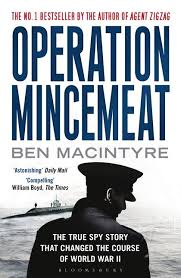 Since that rambling holiday to Nepal, I have picked up
Since that rambling holiday to Nepal, I have picked up